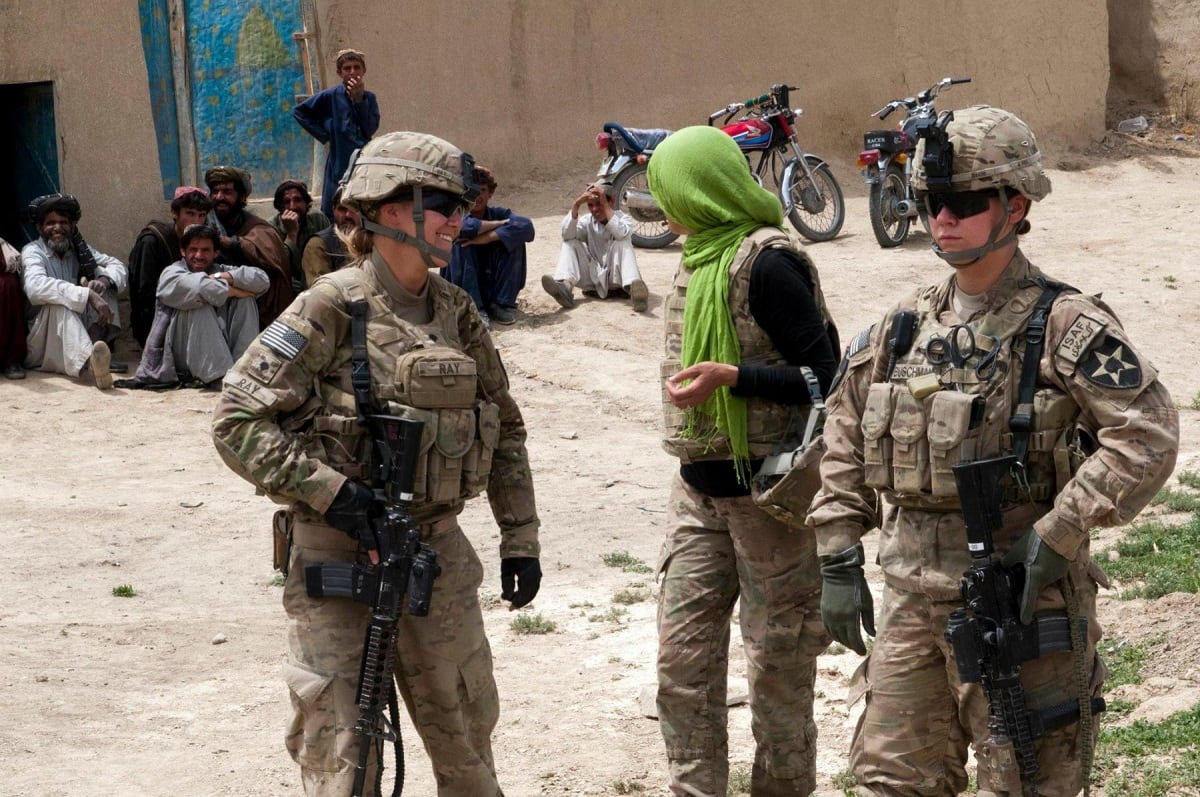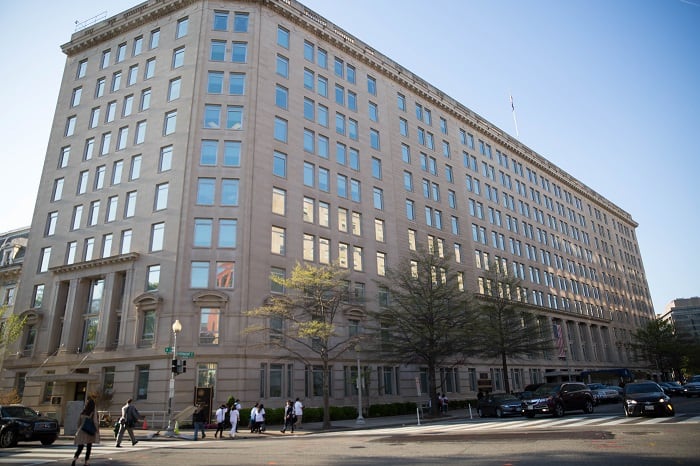For thousands of Afghan and Iraqi nationals who served as interpreters with the U.S. military, visa applications to gain permanent legal residence in the United States have languished in legal limbo for years. Now there may be help on the way, in the form of a court ruling.
And that’s a step long overdue, says Haeder Alanbki.
Like many Iraqi and Afghan interpreters, Alanbki, now living in Florida, risked his life helping Americans. He served as an interpreter for U.S. forces in Iraq where he was shot, stabbed four times and had a $25,000 bounty placed on his head. At the end of his service, he came to the United States through the delayed Special Immigrant Visa (SIV).
Like thousands of other applicants, his journey to become a U.S. citizen proved difficult, marked by legal ambiguity, continual delays and false starts. He was only granted citizenship after the Tampa Bay Times began asking questions about his case.
This week, however, a judge granted “class certification” to Afghan and Iraqi nationals suing the federal government for overdue visa decisions, allowing thousands of outstanding cases to be included in a class-action lawsuit.
Alanbki believes there is a disconnect between military personnel who served with the interpreters and the officials who review the applications.
“What you see on the ground is different than what you see sitting at a computer behind your desk,” Alanbki said over the phone. “A lot of troops from the U.S. military, they deal with a lot of interpreters. They know how they sacrifice.”
It’s a sentiment echoed by Qudratullah Hakimi, a former interpreter who risked his life assisting Marines in combat and once saved the life of an American lieutenant colonel. Like Alanbki, Hakimi also battled for years to come to the United States.
“It is a pity that it took this long to push the matter to the court level. I am hopeful this will bring an end to the lengthy process of the so-called ‘administration process,’” Hakimi, now living in California and working as a distribution center shift manager, told Military Times via a Facebook message. “I was talking with a couple of the interpreters in Afghanistan who are currently waiting on their visas. They seem to be happy about this.”
Like Alanbki, Hakimi was only granted an SIV after intervention from a newspaper, in this case the Tampa Tribune.
Judge Tanya S. Chutkan, district judge for the United States District Court for the District of Columbia, ruled in favor of the five anonymous Afghan and Iraqi nationals, “who, despite significant personal risk, aided the United States in its time of need and now look to the United States for refuge for themselves and their immediate family members.”
The federal government now has 30 days to submit a plan to adjudicate long-delayed visa applications that have been pending for more than nine months.
“We are thrilled that the judge is holding the government accountable to its obligations to the thousands of men and women who have sacrificed so much in serving the U.S. missions abroad,” said Deepa Alagesan, a supervising attorney at the International Refugee Assistance Project (IRAP), in a press release. “Many of them wait in fear for their lives every day, so this ruling will come as a great relief. We are hopeful that the government will assess their applications fairly and speedily and bring them to safety.”
“This decision is an essential step toward keeping our promises to the thousands of Afghans and Iraqis who risked their lives for the United States,” said Rebecca Curwin, an associate with Freshfields Bruckhaus Deringer US LLP, in the release. “We look forward to the government’s efficient adjudication of applications that have been pending for years.”
The Department of Justice declined to comment on the ruling.
Alanbki, now a specialist in the Florida National Guard, languished under the federal government’s vetting process.
He said that these officials don’t always realize “they have the power to decide somebody’s life.”
And for many applicants, the final visa decision is a life-or-death one.
According to legal documents, interpreters who worked with the United States receive death threats, are forced to move out of their hometowns and live with constant fear and anxiety.
The applications – and subsequent suit – deal with legislation passed to protect foreign nationals who aided U.S. personnel in combat as interpreters.
The Refugee Crisis in Iraq Act (RCIA) was enacted in 2007 to allow a special immigration process for those who were employed by the federal government after the 2003 U.S. invasion of Iraq, “provided faithful and valuable service” to the United States, and “experienced or [are] experiencing an ongoing serious threat” due to that service.
Congress enacted the Afghan Allies Protection Act (AAPA) in 2009 with similar qualifications, beginning with service to the United States on or after October 7, 2001. Congress then amended the two laws in 2013 to make the SIV application and review process more efficient, mandating a review and decision of each application within nine months of submission.
Former U.S. Ambassador to Afghanistan and Iraq Ryan Crocker previously filed an amicus brief in support of the applicants, stating the delays as injurious to American interests.
“Ambassador Crocker regards the ruling as very good news for our country and the brave Iraqi and Afghan interpreters who helped us,” his lawyer said in an email statement to Military Times. “This issue implicates core American values, and it is important to us all that they were upheld.”
The previous ruling found that the federal government had violated the law by not adjudicating thousands of SIV applications within the mandated time frame. The SIV admission process features 14 steps, ranging from an initial application request to extensive background checks.
According to court documents, “over 7,000 applicants had been pending only in their current step for longer than 9 months (not including time spent awaiting government action in previous steps).” In addition, “over 80 percent of Afghan applications designated complete had been pending final approval for over 9 months,” and 98 percent of applicants “who have completed an interview have been waiting for over 9 months for a final adjudication.”
Iraqi applicants “waited, on average, over 5 years for an initial decision” in the visa process.
Currently, a total of 22,500 visas could be issued to former Afghan interpreters through the Special Immigrant Visa program — up from the 18,500 limit — after a provision was included in the 2020 National Defense Authorization Act.
“I’ve been asked, ‘How can our troops trust you? How come you fought with our troops?’ And the answer is one reason: justice,” Alanbki concluded.
Dylan Gresik is a reporting intern for Military Times through Northwestern University's Journalism Residency program.




